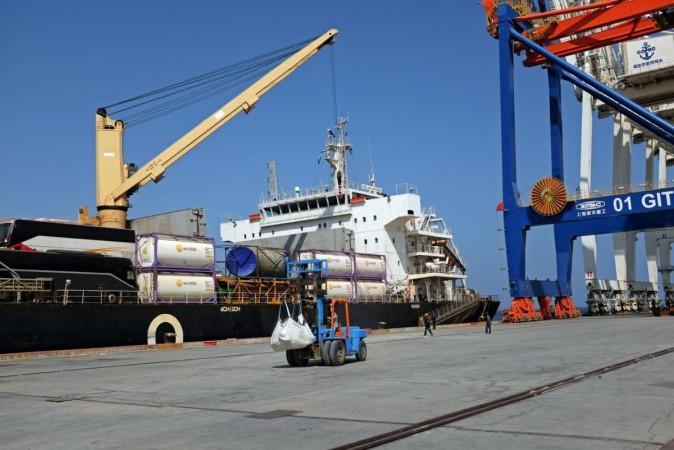The Chinese administration is building a city exclusively for the Chinese nationals in the strategic port of Gwadar as a part of the China-Pakistan Economic Corridor (CPEC).
The "Chinese Only" colony will be built to house more than half a million Chinese nationals at a cost of $150 million. Interestingly, this will be such first such city in South Asia, a region which is at the centre point of the Chinese Belt and Road initiative (BRI). The country has already set up these colonies in Africa and Central Asia.
The proposed city is expected to be constructed by 2022. It will be home to the Chinese nationals working in the financial district planned to be set up in the port city of Gwadar.
The Economic Times has reported that only Chinese nationals will be allowed to live in this gated zone which means that China will use Pakistan as one of its colonies.

In this regard, the China-Pak Investment Corporation has bought 3.6-million square foot International Port City which will be built at a cost of $150 million for the proposed population of 5,00,000 Chinese professionals.
The cities are being built in lines of the similar sub city it has set up for its workforce for projects in Africa and Central Asia for its workforce involved in the infrastructure projects.
China is also facing the heat from the local populations as there are news reports that it is attempting to acquire a considerable part of land exclusively for its own people in Russia and the northern part of Myanmar.
Beijing has invested in a series of sectors across Pakistan which includes pipelines, railways, highways, power plants, industrial areas and mobile networks to advance the geographical mid-way link for Belt and Road initiative
As a trade-off, the Chinese inland manufacturing cities have access to better shipping lanes and newly-made free trade zones through railways, port renovation and blockchain technology.
It seems that the fear of the leading economists across the world is becoming a reality as China is luring the poor countries with its debt trap policy.










!['Had denied Housefull franchise as they wanted me to wear a bikini': Tia Bajpai on turning down bold scripts [Exclusive]](https://data1.ibtimes.co.in/en/full/806605/had-denied-housefull-franchise-they-wanted-me-wear-bikini-tia-bajpai-turning-down-bold.png?w=220&h=138)



